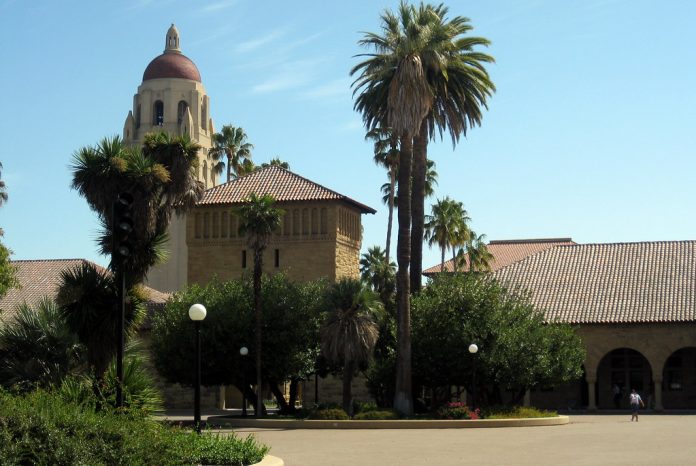
Some college presidents are defending free speech and academic freedom on campus against illiberal trends, Paideia Times reports.
Trending: “Snowflakes” Take Heat on Campus
Last April The Washington Post opined that colleges are “waking up to the realization that academic freedom needs to be protected, and that student outrage on social media should not dictate university policy.” What’s the evidence?
A consortium of university presidents launched a Campus Call for Free Expression in August. Other presidents are also taking stands for free speech: Cornell’s Martha Pollack, for example, asserted that “if we ever accept that someone, anyone, has the right to tell us what we’re allowed to say—we’ll also be giving them the right to control what we’re allowed to hear and to know.” Shortly thereafter, she was tested and held her ground; when Cornell’s Student Assembly proposed a resolution that professors publish “traumatic content” warnings on syllabi, Pollack rejected the proposal and reiterated her commitment to academic freedom.
At Stanford Law, under pressure from the school’s leadership, the associate dean who supported students as they heckled a federal judge, while he tried to give a speech, was forced to step down. (Stanford has had other problems; see Dramatic Fall From the Top: Stanford President Resigns Over Research Concerns)
A group of Harvard faculty banded together to found the Harvard Council on Academic Freedom while faculty at Princeton and other campuses unveiled the “Princeton Principles for a Campus Culture of Free Inquiry,” which they describe as “extending” the famed Chicago Principles. (See Former University of Chicago President and Free Speech Advocate Dies at 75.)
A number of institutions are coaching students in civil discourse: The American University has a “Disagree with a Professor” series, Massachusetts Institute of Technology began a “Dialogues Across Difference” program, and Princeton University added training on free speech to its student orientation.
Meanwhile, some aren’t buying the notion of institutional resistance to cancel culture: Academic freedom scholar Eric Kaufmann writes that these examples of standing up to “snowflakes” are merely “counter-wavelets on the surface of a rising swell” of what he calls “illiberalism.”
Cancel Culture and Campus Censorship
Even as some campus leaders try to get ahead of the curve (see “Snowflakes” Take Heat on Campus), at Boston University graduates heckled its commencement speaker; at the University of Chicago—known for its free speech culture—students and faculty called for the disinvitation of New York Times columnist (and Chicago alumnus) Bret Stephens.
At UCLA, graduate students organized to oppose a candidate for a faculty role; after he did not receive a job offer, an administrator conceded that “unusual” factors had affected the decision. But students and faculty aren’t the only ones who seem to occupy the role of censor.
In Texas, a pharmacy professor was suspended after she allegedly named the lieutenant governor as she criticized the state’s opioid policy during a lecture.
In Idaho, professors say the new No Public Funds for Abortion Act has forced them to revise their syllabi and research agenda to avoid the appearance of promoting abortion.
Originally published by Paideia Times. Republished with permission.
For more School Reform News.









